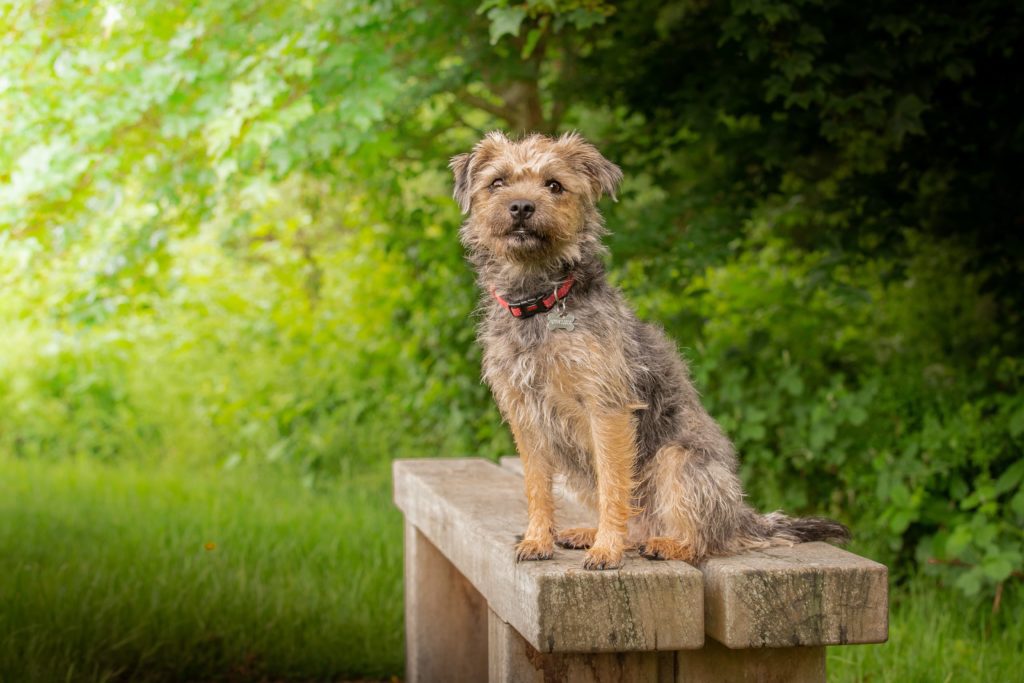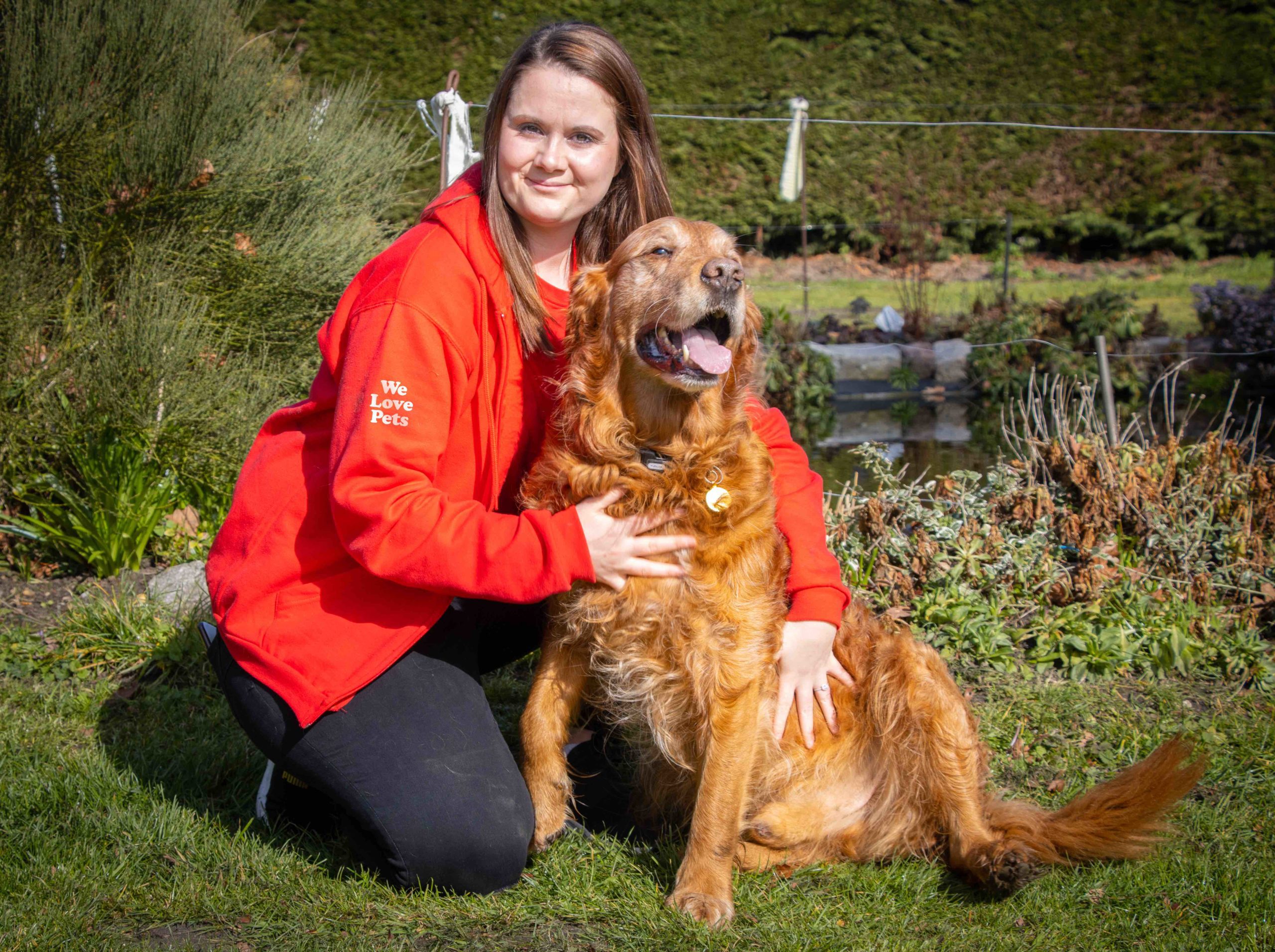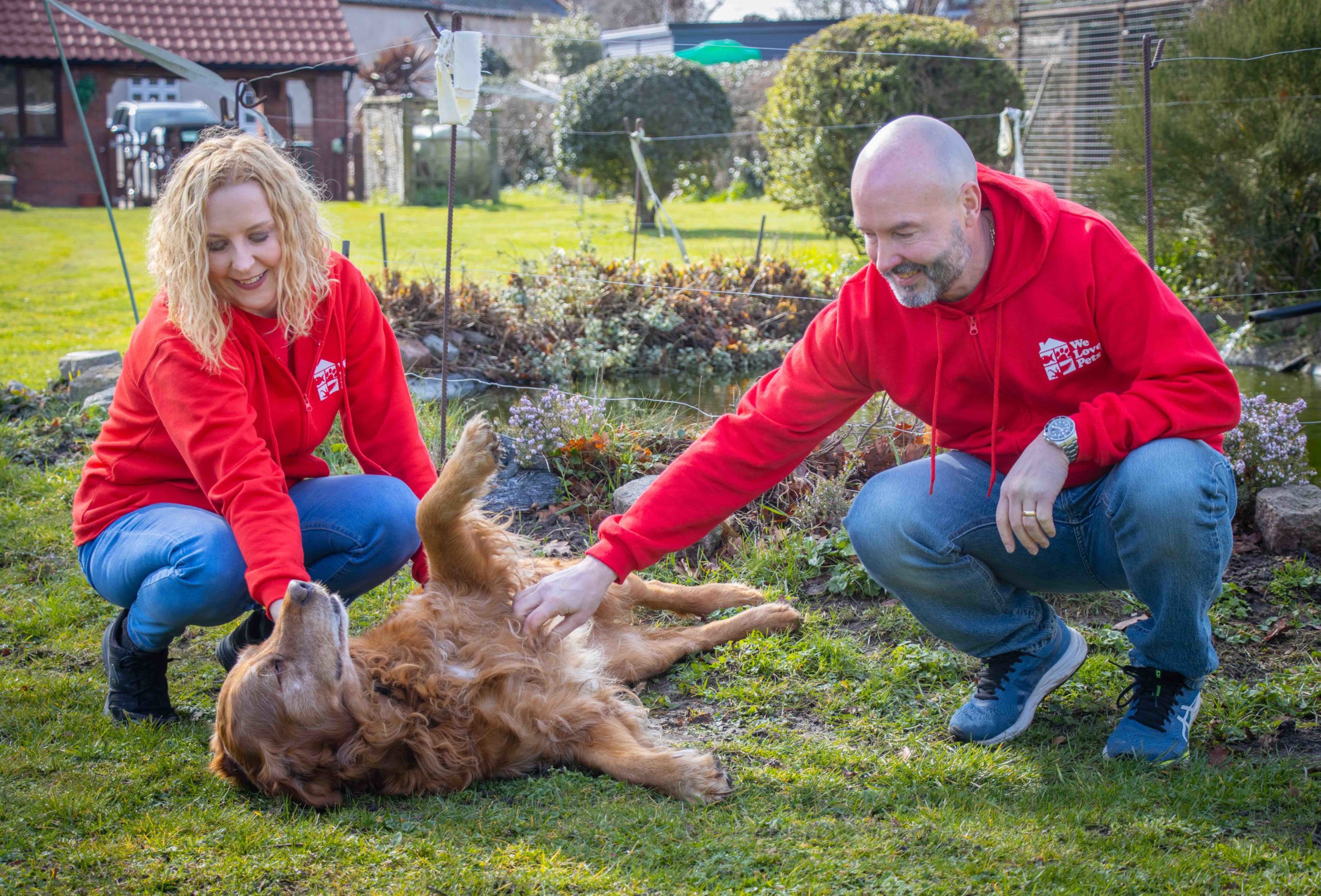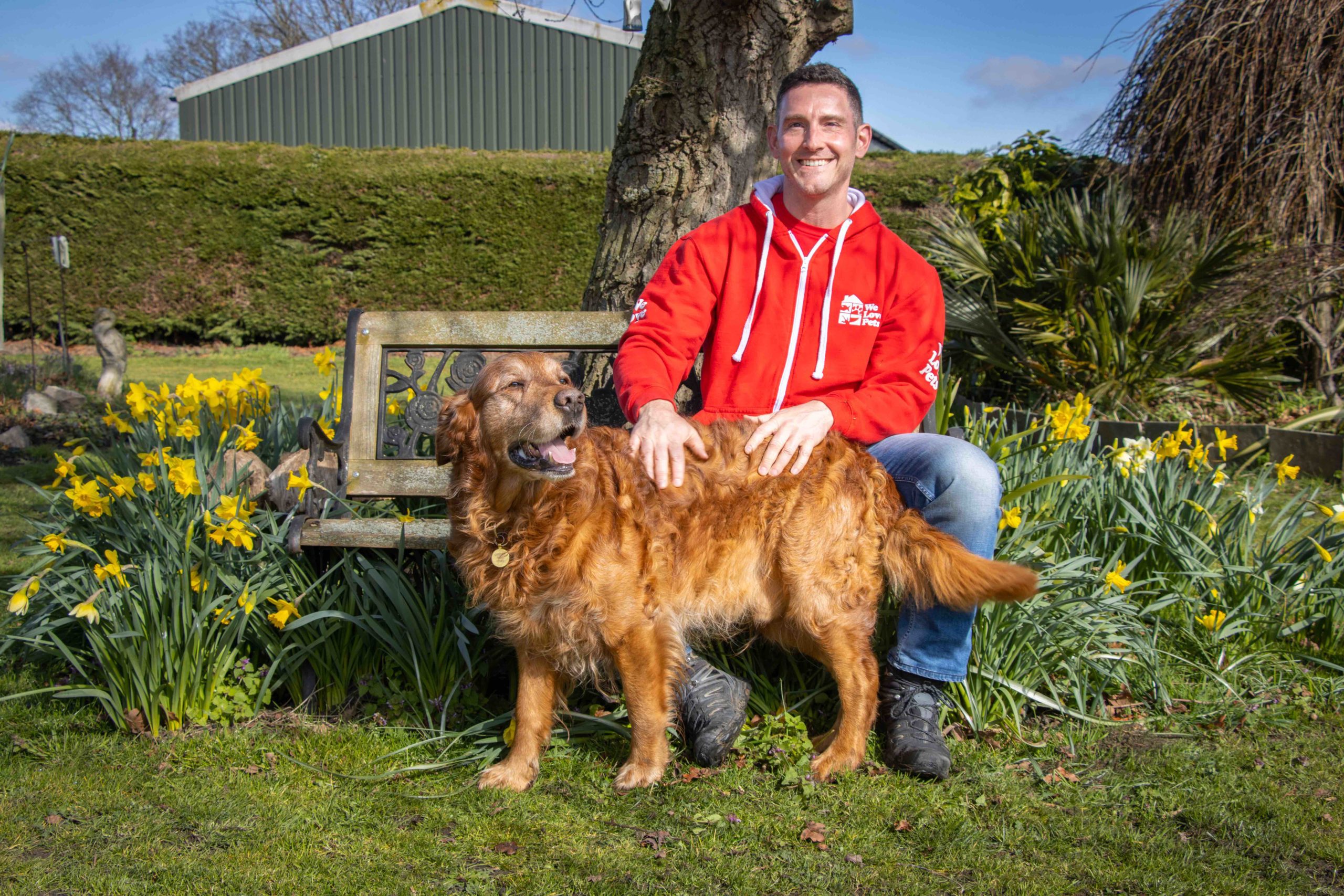As our pets grow older, their needs and requirements begin to change. Predicting and recognising the signs of ageing can help you care for your pet, while maintaining their health and happiness. Here’s what to look for, and ways to make ageing more comfortable for your pet.
What to expect as your pet ages?
- Slowing down
You might notice that your pet will start to slow down as they mature. Older pets may have difficulty getting around, trouble with stairs, jumping into the car or just getting up after a nap. They might also show weakness in their joints, which may indicate arthritis or another degenerative disease.
- Weight change
As pets age, it’s normal for them to gain weight because they tend to be less active. However, you should pay attention if your senior pet is losing weight rapidly, which could be due reduced appetite or poor absorption of nutrients.
- Hearing and eyesight loss
Hearing loss and eyesight degeneration is common in older dogs. When dogs lose their hearing, it typically starts with the higher frequencies and affects both ears simultaneously, usually occurring towards the end of a breed’s normal lifespan. Some dogs may develop cataracts in old age, or retinal degeneration from systemic conditions that come with age.
- Breathing changes
If your pet is having trouble breathing, especially if they seem to be gasping for air or their chest seems tight and restricted when they breathe, it’s time to make an appointment with the veterinarian. You may find that older pets can have mild fibrosis of their lungs which decreases their ability expand the lungs and exchange oxygen appropriately.
Supporting your ageing pet
- Exercise body & mind
Aged dogs experience physical and mental pain just like us. However, it is essential to their health that they exercise regularly in order for them to remain happy and healthy throughout the rest of their lives. Opt for short, low-intensity to maintain daily mobility. Your pet’s brain also needs stimulation; try engaging toys and food puzzles to keep your pet entertained.
- Adjust your home
With age, our pets need a little extra care. You can provide your older dog with accommodation by ‘puppy-proofing’ the home again. Make sure they have easy and consistent access to food and water, especially if they are visually or hearing impaired. If your pet experiences pain in colder climates, heated beds may help ease their aches. Consider introducing nonslip surfaces to prevent slips and falls when your pet is walking through the home or rising from lying down.
- Pay attention
It’s important to monitor the health of your pet, and a journal can be a great way to do so. It provides you with a vessel to record any changes in behaviour, appetite, weight loss or gain, dental issues, as well lumps, bumps or lesions that may come up along the way! Keep track of all this information so you can bring it to your vet’s attention when necessary. Caring for a senior pet can be more work than you’re used to, but it’s deeply rewarding to give your pet the best quality of life possible!
Dietary requirements
As our pets age, their dietary requirements will change as well. For example, smaller breeds of dogs need less food as they get older while larger ones may require more nutrients to maintain a healthy weight and minimize obesity-related health problems. So, it’s important to provide a diet tailored to your senior pet that’s well-balanced, high in fibre content, and has an adequate protein to fat ratio. Check out We Love Nutrition’s line of senior pet foods – specifically designed with older pets in mind!
If your senior pet shares a home with a younger companion, make sure your older pet has access to their own food without any competition! We suggest keeping a journal or log of your pet’s eating habits too, to keep tabs on whether they’re under or over consuming, as well as to track the intake of certain nutrients.
Our pets are part of the family and helping them ease into their later years will give them the best quality of life towards the end. Without a doubt, caring for a senior pet is a special and rewarding experience.




